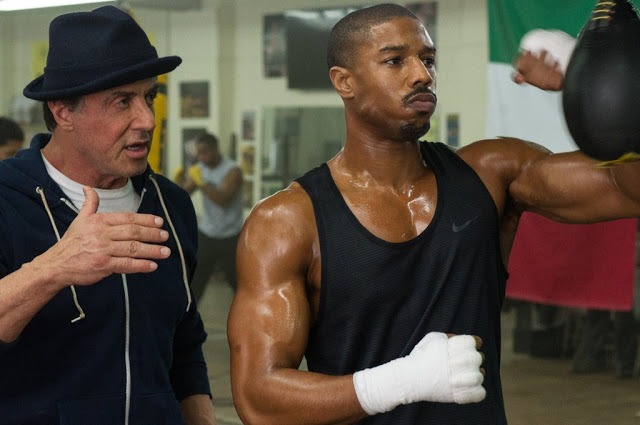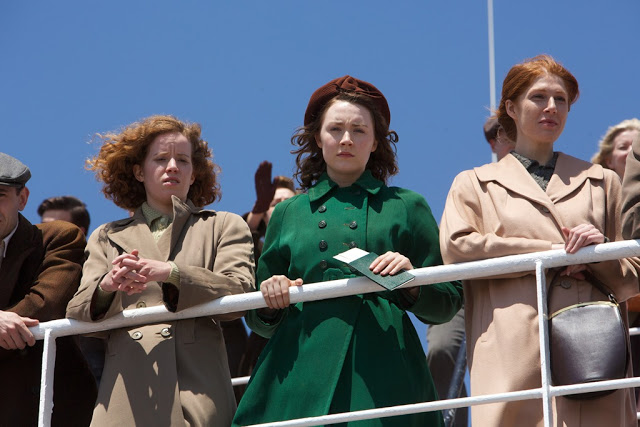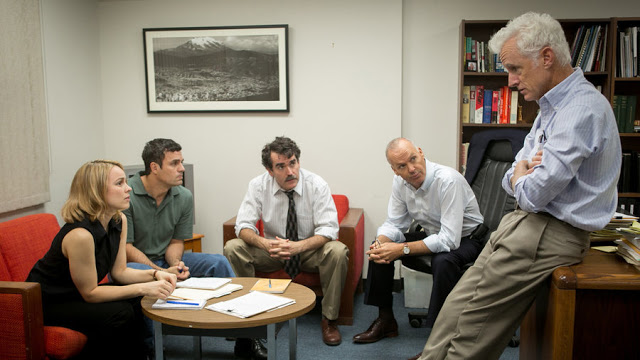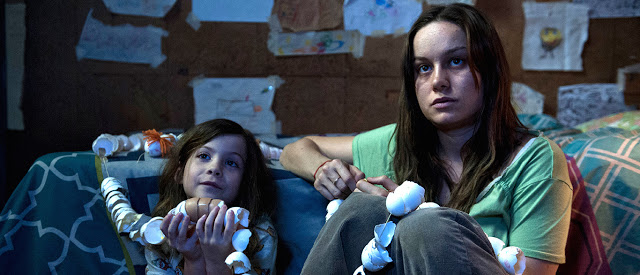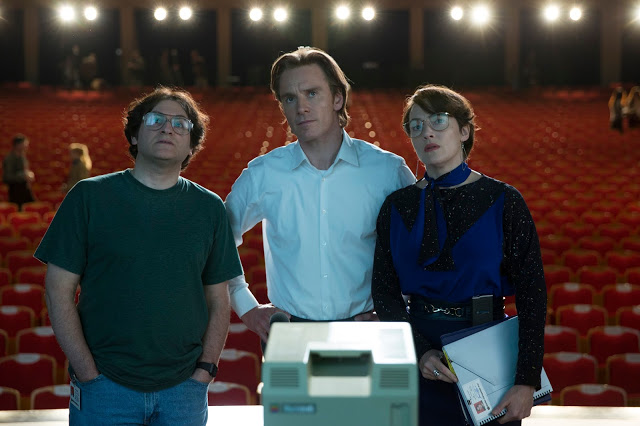Creed: With a Legend in His Corner, a Young Man Enters the Ring
The main character of Creed is an aspiring boxer striving to make a name for himself, and to evade the giant shadow cast by his father, a former legend of the sport. And Creed itself is on a similar mission. This movie, which was directed by Ryan Coogler from a script he co-wrote with Aaron Covington, is the sequel to Rocky, the winner of the Oscar for Best Picture in 1976 and one of the most beloved sports films of all time. (Technically, it’s the sixth such sequel, but let’s forget about those intervening installments for the moment.) That fact poses a monumental challenge for Creed: It must pay tribute to its predecessor while also standing as its own, fully realized creation. That it passes the first test is no great feat; as soon as Sylvester Stallone eases into the frame, shoulders sagging from the weight of playing the American icon that defined his career, the film instantly connects with its cinematic ancestor. What is more surprising—and more satisfying—is how Creed establishes itself as an enjoyable boxing movie in its own right. It doesn’t break much new ground, but it doesn’t need to. Like its hero, it relies on a combination of agility and determination to deliver a rousing experience that is simultaneously comforting and exhilarating.
As its title suggests, Creed is not primarily about Stallone’s Rocky Balboa, the Italian-American prizefighter who captured the hearts of Philadelphia (and the rest of the country) 39 years ago. Its protagonist is instead Donnie Johnson, played by Michael B. Jordan, the former television actor from The Wire and Friday Night Lights who finally broke out two years ago in Coogler’s earnest drama, Fruitvale Station. Donnie is a bright young man who works a desk job at an unspecified Los Angeles corporation, where he has just earned a promotion. Despite his relative success, his heart isn’t in finance, and he moonlights as a boxer in Tijuana, where he routinely pummels opponents at seedy underground rings. That’s where we first meet Donnie as an adult (the film begins with a quick prologue that illustrates his penchant for roughhousing as a child), the camera approaching him cautiously from behind, observing the muscles rippling down his back as he psychs himself up before delivering a brisk, savage beatdown of an unworthy foe. As soon as Donnie lands the knockout blow, he starts to remove his gloves before the fight is even called, a silent indicator of both his talent and his arrogance. Read More

